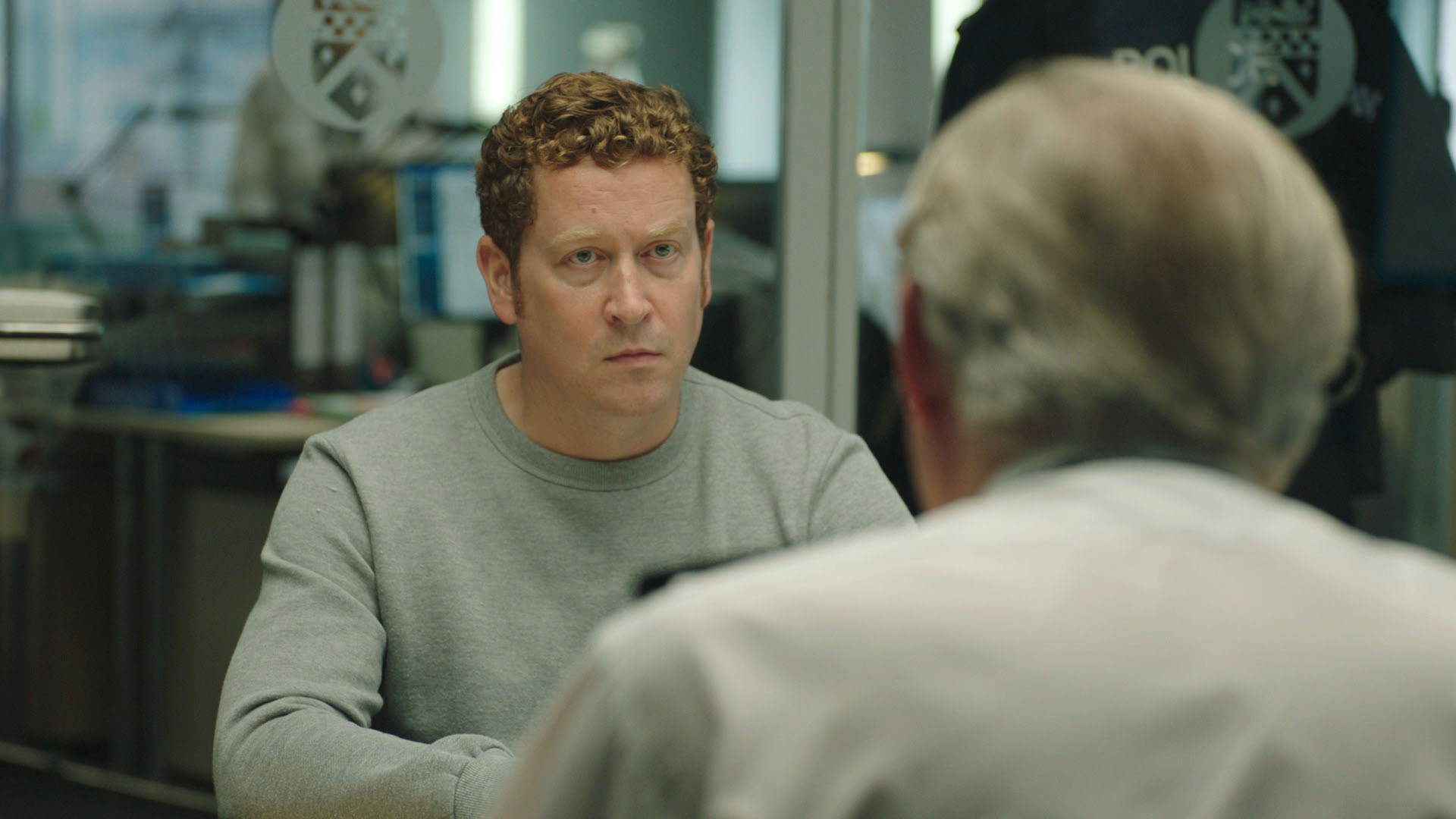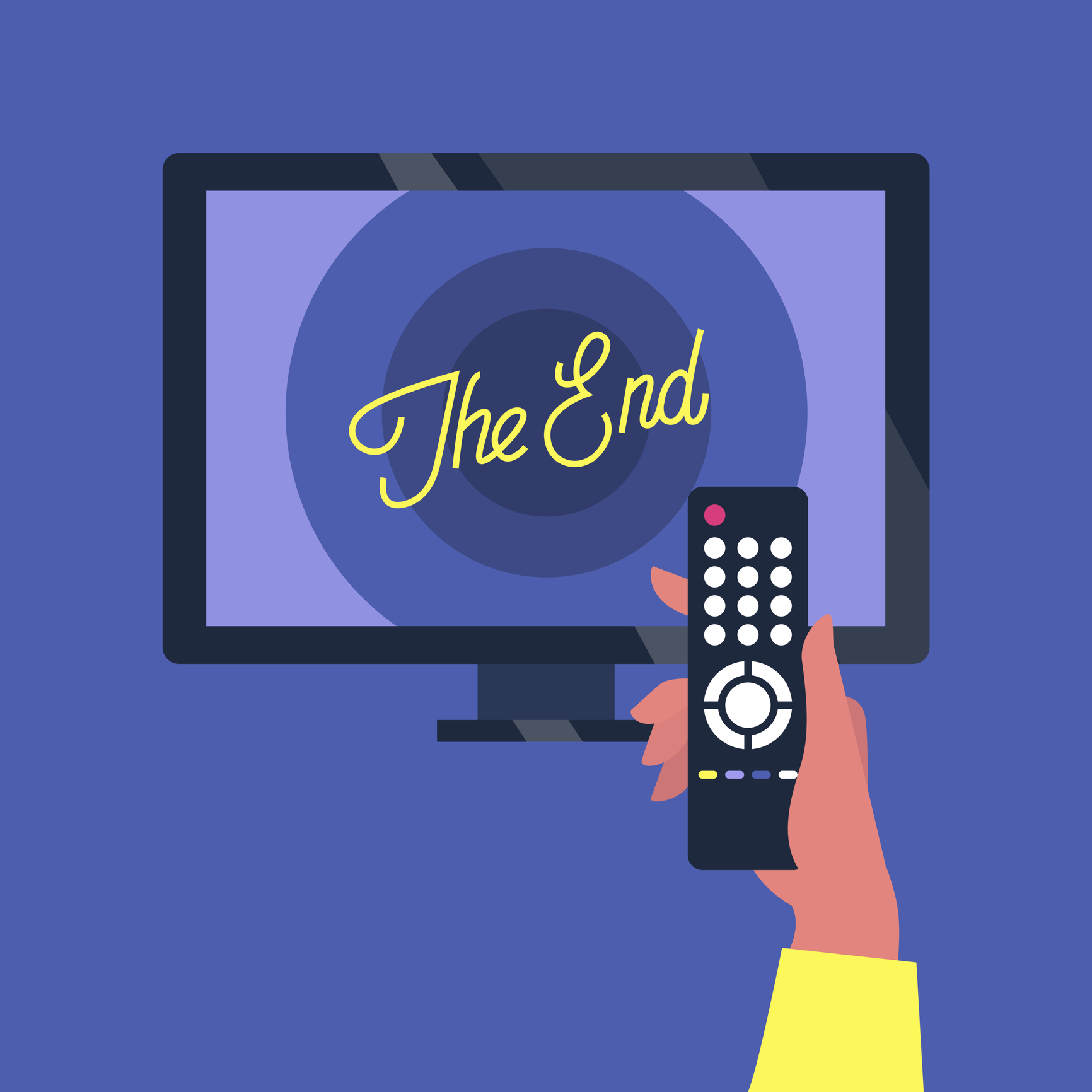Do you get a strange sense of satisfaction from watching TV shows you absolutely hate? Here’s the psychology behind the phenomenon.
There’s nothing I love more than hunkering down (usually with a plate of something delicious) to watch a really good TV series. Or, at least, that’s what I always assumed. As it turns out, though, a bad TV show – the kind that gets under your skin in all the wrong ways – provides me with hours more enjoyment than a brilliant one.
Think about it, just for a moment; when you watch something great, you are fully engrossed and engaged and enjoying it until the credits roll. You might enjoy a deepdive into a Reddit theory or two, or chat to your pals about it afterwards… but, really, the enjoyment stems from the show itself, and the anticipation of waiting for the next episode.
You may also like
TV shows with unpopular endings: how Line Of Duty, Lost, and Game Of Thrones fell victim to their own fan theories
When a show is bad, however, things change… and not necessarily for the worse. All you need do is look at the flurry of excitable memes that hit Twitter during and after that deeply unpopular Line Of Duty finale, if you don’t believe me.
Essentially, a good TV show will forever have a place in our hearts, but a bad one will take out a permanent tenancy inside our heads. And a disappointing storyline gives us the chance to transform into the wittiest of TV critics, not to mention get some love on social media (admit it; it’s easier to make a relatable joke about something terrible than it is something brilliant).

Better still? It allows us the chance to imagine all the ways we could have done things better ourselves – which, let’s face it, provides us with hours of bittersweet enjoyment.
“We can actually still find pleasure from watching things we don’t like, knew we weren’t going to like, and hoped to like but didn’t,” explains life coach Grace McMahon. “In fact, it’s still considered a form of fandom, to meticulously pick apart a poor quality storyline, analyse the awful characters, or even to despair at the clutching-at-straws vibes the further we get through a series.
“We can laugh at the absurdity, we can release some tension, and we can even find community in sharing hatred for a TV show.”
Mutual hatred strengthens relationship bonds like no other
Setting all that aside, though, I can’t help but wonder: is hate-watching really all that good for us?

As someone who loved Game Of Thrones to little pieces, only to have the entire series soured for me by its (don’t @ me) terrible final season, it seems there has to be some negative side-effects to the trend. After all, investing hours of my time in a TV show, only to spend a great deal more time avidly moaning about it, doesn’t sound all that positive to me.
McMahon, however, says that we are psychologically proven to get a lot of pleasure from complaining about things.
“Mutual hatred strengthens relationship bonds like no other,” she explains. “When we’re watching something we know we don’t like, there’s usually a stream of tweets, posts, status updates, discussing the poor quality of the show, which makes us feel supported in our beliefs –even if it is an online community, we feel better about ourselves.”
You may also like
Psychology: you’re not the only one feeling “meh” right now – this theory explains why
McMahon continues: “Secondly, projecting hatred onto something else makes us feel better about ourselves, especially in an age where judgement and hate comments are not acceptable. It means that we’re still getting that release through fictional – or fictional reality – characters, made-up scenarios, and unrealistic twists.
“We’ve all got insecurities, and these are often triggered when we feel that other people are doing better than us, so hate-watching allows us to project our insecurities onto the characters of a show or movie. Hate-watching acts as a scapegoat for us, we can channel our negative energy, which might include insecurities or just being in a bad mood, into something to release some tension, online or in reality, at girls night or date night.”
Try to balance the hate-watches with love-watches
Does this mean, then, that we should embrace our love of hate-watching in all its glory?
Well, McMahon says that, if it’s something that you do and really truly enjoy, then there’s probably not a huge need to kick the habit. However, she cautions, if you notice that you are becoming more and more pessimistic about your life, your circumstances, and the wider population, then it might be time to kick it to the kerb.
“Hating things, while fun, does bring pessimism into our lives, which can cause us to experience more low moods and elevated anxiety levels,” she says. “So be wary; if you’re hate-watching and you’re feeling miserable about it, if it’s no longer bringing you that joy, change it up. Find something that reignites your passion, love, and inspiration – a feel-good film, a romantic comedy series, or a documentary on an interest of yours – and try to balance the hate-watches with love-watches.”

McMahon adds: “Alternatively, you can find another way to channel negativity. This could be painting giant blobs of colour with irrational brush strokes, scribbling through a colouring book instead of neatly and carefully colouring between each intricate line, or baking a cake incorrectly.
“Doing so will give you a chance to look back, have a bite full of hatred, and laugh about it. This will, in turn, help to relieve some of those perfectionist tendencies that can cause us to feel insecure about ourselves – we start to accept that we have flaws as humans as our insecurities feel that bit less intense or distressing.”
You may also like
The 35 best Netflix Original TV series ever, from Lupin to The Queen’s Gambit
Personally, I think I’m going to make a point of balancing the hate-watches with the love-watches (bring on Kevin Can F*** Himself, already!) as much as I possibly can. And, just to up the ante, I might try baking my own bad cakes to take the place of my ‘plate of something delicious’ when I’m settling into a proper TV binge session.
That way, if a show that I’m looking forward to turns out to be unexpectedly terrible, I have something else to focus my negativity on.
Images: Getty/BBC/HBO
Source: Read Full Article
